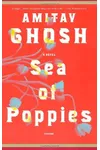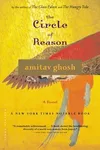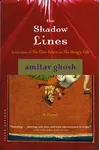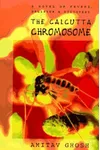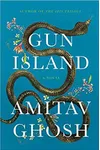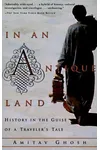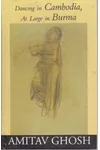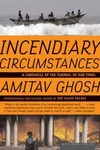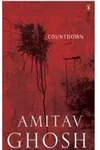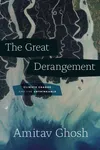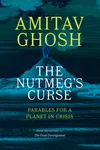Picture an Indian storyteller who weaves history, culture, and adventure into unforgettable tales—meet Amitav Ghosh! Born in Calcutta in 1956, Ghosh is a literary giant whose novels, like Sea of Poppies and The Glass Palace, blend rich narratives with profound insights. His work, celebrated globally, explores identity, colonialism, and climate change with a masterful touch.
From his early days hopping between continents to his rise as a Jnanpith Award winner, Ghosh’s stories captivate with their depth and humanity. Ready to dive into his world? Let’s explore the life, works, and legacy of this remarkable author.
The Making of Amitav Ghosh
Amitav Ghosh was born on July 11, 1956, in Kolkata to a Bengali Hindu family. His father, a diplomat, took the family to Bangladesh, Sri Lanka, and Iran, giving young Amitav a global perspective. Educated at The Doon School and St. Stephen’s College, he later earned a Ph.D. in social anthropology from Oxford. Ghosh’s early career mixed journalism at the Indian Express with teaching at universities like Columbia and Harvard, but writing was his true calling. His debut novel, The Circle of Reason (1986), marked the start of a storied career.
Amitav Ghosh’s Unforgettable Stories
Ghosh’s novels are a vibrant tapestry of history, culture, and human struggle. His Ibis Trilogy—Sea of Poppies (2008), River of Smoke (2011), and Flood of Fire (2015)—is a sprawling epic set during the First Opium War, exploring colonialism and migration with vivid characters and lush prose. The Glass Palace (2000) traces a family’s saga across Burma, India, and Malaya, tackling imperialism and identity. The Hungry Tide (2004) dives into the Sundarbans, blending environmental themes with human drama.
Known for his lyrical style, Ghosh mixes meticulous research with storytelling flair. His works often tackle heavy themes—climate change in The Great Derangement (2016), or science fiction in The Calcutta Chromosome (1996)—but remain accessible and gripping. Translated into over 30 languages, his books resonate with readers worldwide, earning accolades like the Prix Médicis and Arthur C. Clarke Award.
Why Amitav Ghosh Matters
Amitav Ghosh’s impact transcends literature. His novels illuminate South Asia’s complex history, giving voice to marginalized stories. His focus on climate change, notably in The Great Derangement and Gun Island (2019), has made him a leading environmental advocate, earning the 2024 Erasmus Prize. Ghosh’s ability to connect personal narratives with global issues inspires readers to rethink history, culture, and our planet’s future.
His humanist approach and anticolonial lens challenge Western narratives, making him a vital figure in postcolonial literature. Whether teaching at Harvard or speaking globally, Ghosh’s influence continues to grow, cementing his legacy as a storyteller for our times.
About Amitav Ghosh
- Born: July 11, 1956, Kolkata, India
- Key Works: The Glass Palace, Sea of Poppies, The Hungry Tide, The Great Derangement
- Awards: Jnanpith Award (2018), Padma Shri (2007), Erasmus Prize (2024)
- Fun Fact: Ghosh withdrew The Glass Palace from the Commonwealth Writers’ Prize, protesting its English-only rules.
Snag Sea of Poppies and dive into Amitav Ghosh’s spellbinding world of history and heart!
